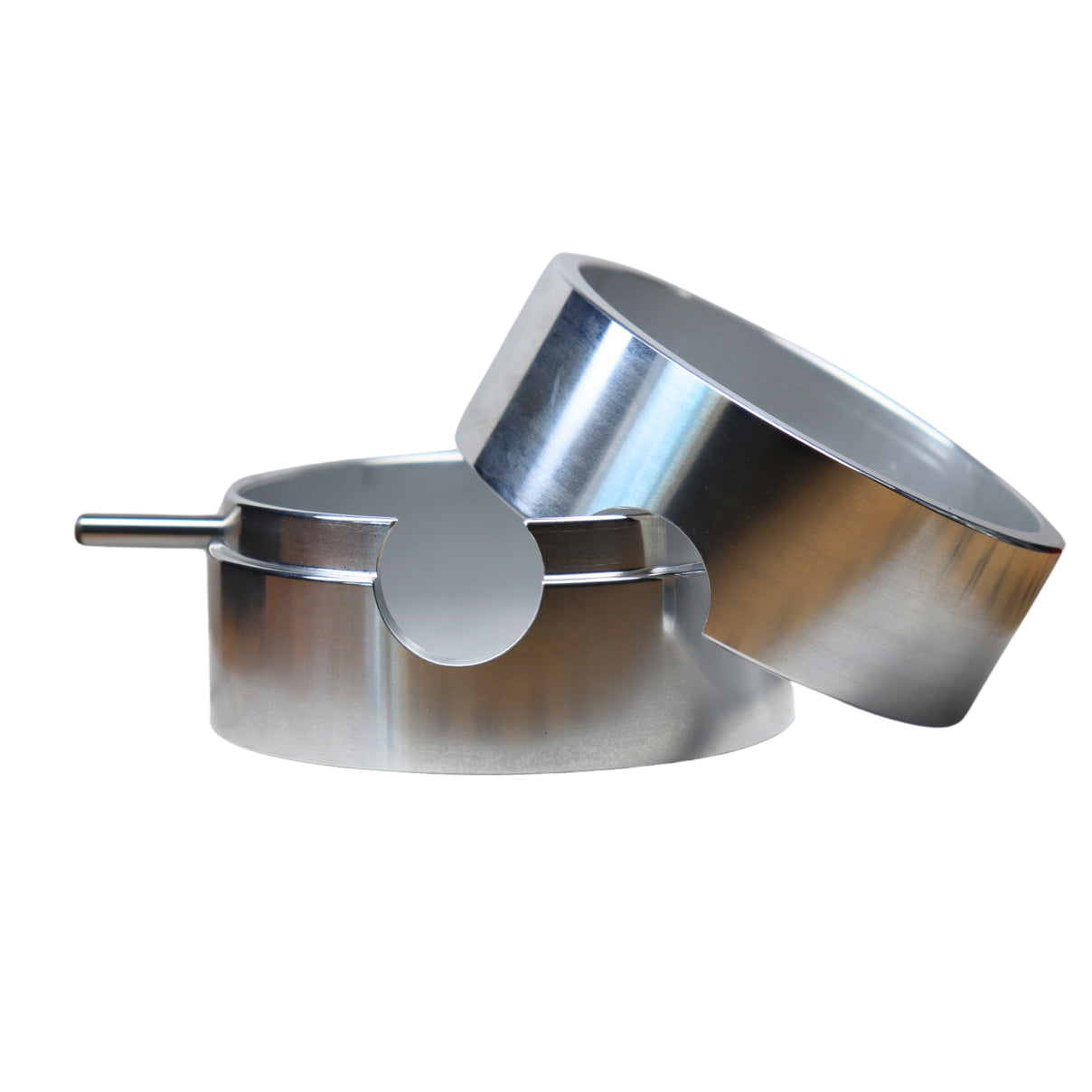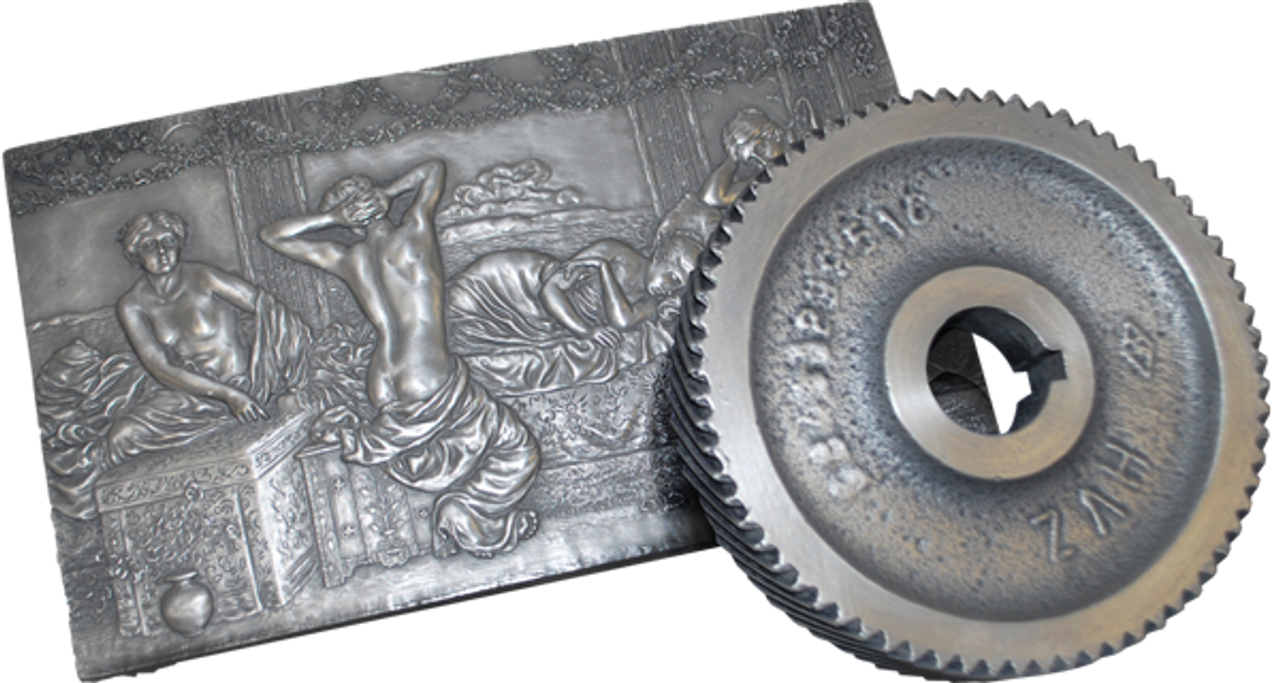The importance of choosing the right Aluminum Casting Company for long-term results
Finest Practices for Maintenance and Applications in the Aluminum Shop Market: A Detailed Summary
Preserving devices in the aluminum factory industry is essential for operational success. Routine assessments and predictive upkeep can significantly reduce downtime and boost safety. Advanced technologies, such as IoT and information analytics, play an essential function in this procedure. Recognizing the full range of ideal practices needs a more detailed assessment of certain approaches and their impacts on performance. What are the necessary components that add to a reliable maintenance structure?
Importance of Regular Upkeep in Light Weight Aluminum Foundries
Routine upkeep plays a crucial role in the reliable procedure of light weight aluminum foundries. By systematically evaluating and servicing tools, shops assure peak performance and durability of equipment. Regular upkeep tasks, such as element, lubrication, and cleaning substitute, help protect against unanticipated breakdowns that can lead to expensive downtime.
Furthermore, routine checks enhance office safety and security by recognizing potential risks prior to they rise into major issues. Devices that is well-kept runs better, resulting in enhanced product quality and reduced waste. Furthermore, adherence to a structured upkeep schedule can sustain compliance with sector regulations, thus cultivating a reputation for reliability and top quality within the market.
Carrying Out Predictive Upkeep Methods
Predictive upkeep methods take the concepts of routine upkeep a step further by leveraging information analytics and progressed surveillance innovations. In light weight aluminum factories, these approaches allow operators to anticipate tools failings prior to they happen, therefore minimizing unexpected downtimes and enhancing operational performance. By utilizing sensing units and IoT tools, real-time information can be gathered on equipment efficiency, permitting the identification of possible problems through anticipating analytics.
Enhancing Melting and Pouring Procedures
Efficient melting and putting procedures are essential for taking full advantage of productivity and guaranteeing the quality of light weight aluminum castings. To boost these procedures, shops ought to concentrate on accurate temperature level control during melting, as this straight affects the metallurgical buildings of the alloy. Using sophisticated melting technologies, such as induction and resistance melting, can boost power effectiveness and lower cycle times.
Furthermore, executing automated pouring systems reduces human error and preserves uniformity in the pouring procedure. Correct mold and mildew prep work, including appropriate preheating, is crucial to prevent thermal shock and enhance mold and mildew long life.

Enhancing Safety And Security Procedures in Foundry Workflow
Focusing on security in aluminum shop operations is important for safeguarding employees and ensuring an effective setting. Effective safety and security methods consist of normal training sessions that emphasize the significance of personal safety equipment (PPE), such as gloves, safety glasses, and helmets. In addition, the establishment of clear emergency procedures is necessary in taking care of potential mishaps.
Regular assessments of devices and machinery help determine threats prior to they intensify into severe problems. Applying a durable reporting system encourages workers to interact security worries without fear of repercussion. Cultivating a culture of security guarantees that every worker understands their role in preserving a safe and secure workplace.
Furthermore, assuring proper ventilation and tracking air high quality can mitigate direct exposure to unsafe fumes and dirt. By reinforcing these methods, aluminum factories can considerably minimize the threat of accidents and produce an environment where workers really feel valued and risk-free, ultimately enhancing general operational effectiveness.
Leveraging Modern Technology for Improved Efficiency
Making use of innovative technology has actually come to be significantly crucial for light weight aluminum foundries intending to enhance functional efficiency. Automation and robotics play a vital role in streamlining production procedures, decreasing labor prices, and lessening human mistake. Implementing real-time tracking systems enables the constant evaluation of tools performance, enabling positive upkeep and minimizing downtime.
The combination of data analytics provides valuable insights right into functional workflows, assisting in better decision-making and source allowance. For example, anticipating analytics can recognize potential failings prior to they happen, further enhancing maintenance schedules.
In addition, embracing sophisticated melting and casting modern technologies enhances energy efficiency and product return, which are essential for sustainability in the industry. By embracing these technical innovations, light weight aluminum foundries can not only increase efficiency but additionally keep an one-upmanship in an increasingly requiring market (aluminum foundry). Ultimately, leveraging innovation is critical in driving advancement and boosting overall operational efficiency within the industry

Frequently Asked Concerns
What Are Common Indicators of Devices Use in Aluminum Foundries?
Usual indicators of tools wear in aluminum shops consist of uncommon noises, lowered effectiveness, enhanced vibration, overheating elements, leaks, and noticeable deterioration. These signs frequently indicate the need for maintenance or potential substitute to prevent costly downtime.
How Can I Train Personnel for Effective Maintenance Practices?
To train personnel for efficient upkeep techniques, one can execute hands-on workshops, establish complete handbooks, encourage mentorship programs, and conduct normal analyses to assess abilities and expertise, making sure all workers understand upkeep procedures completely.
What Are the Environmental Regulations for Light Weight Aluminum Foundries?
Light weight aluminum factories go through additional info different ecological policies, consisting of discharges control, waste monitoring, and resource conservation. Compliance assurances marginal ecological impact, promoting sustainability while adhering to regional, nationwide, and worldwide environmental criteria and guidelines.
Exactly How Do Shops Take Care Of Waste and Recycling of Aluminum?
Factories manage waste and recycling by implementing systems for gathering scrap light weight aluminum, using advanced separation technologies, and working together with recycling facilities to ensure reliable healing procedures, thus lessening ecological effect and promoting sustainability within the market.
What Are the Expenses Associated With Executing Advanced Technologies?
Applying innovative technologies in shops incurs significant prices, consisting of initial investment, training, and maintenance expenditures. The long-term benefits, such as raised effectiveness and decreased waste, typically warrant these expenses, leading to boosted productivity. (aluminum casting company)
